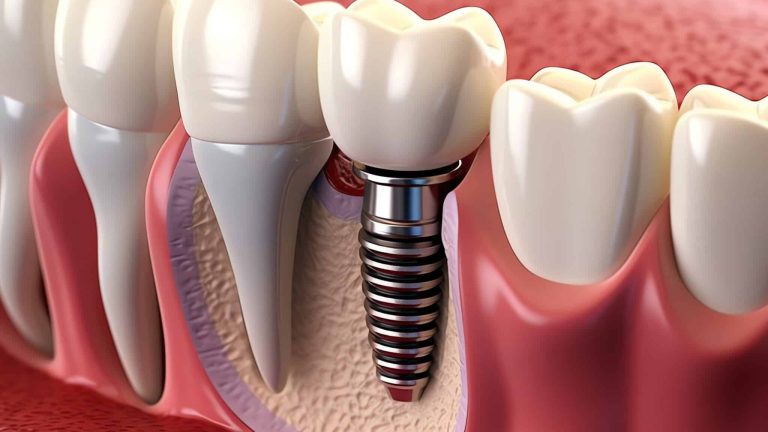When a person faces major medical treatment, such as chemotherapy or the management of chronic diseases like diabetes, the focus on overall health often pushes dental health to the background. However, what many don’t realize is that these medical conditions can significantly impact the mouth, affecting teeth, gums, and soft tissues. Poor dental health can even complicate medical treatments, highlighting the need for specialized care for these patients.
In this article, we will explore how some chronic diseases and medical treatments affect oral health and what protective measures can help maintain a healthy mouth while facing these health challenges.
Cancer and Chemotherapy: How Treatments Affect the Mouth
Chemotherapy is one of the most common cancer treatments, but its side effects can have a severe impact on oral health. This treatment, along with radiation therapy in the head and neck area, can cause various problems affecting the mouth and teeth.
Common Oral Health Side Effects During Chemotherapy:
- Oral mucositis:
This is the painful inflammation and ulceration of the oral mucosa. It is common in patients receiving chemotherapy or radiation therapy, and can make eating, speaking, and swallowing difficult. - Xerostomia (dry mouth):
Chemotherapy can reduce saliva production, leading to extreme dryness in the mouth. Saliva is essential for maintaining balance in the mouth by neutralizing acids and clearing food debris. Lack of saliva increases the risk of cavities, infections, and bad breath. - Oral infections:
During chemotherapy, the patient’s immune system is compromised, making oral infections, such as fungal infections (candidiasis), more common and harder to treat. - Changes in taste:
Cancer treatments can alter taste perception, making food taste metallic or bitter. This, in turn, can affect the patient’s eating habits.
Strategies to Protect Oral Health During Chemotherapy:
- Visits to the dentist before starting treatment:
Before starting chemotherapy or radiation therapy, it is crucial to have a complete dental check-up. The dentist can address any preexisting issues, such as cavities or periodontal disease, which could worsen during treatment. A deep cleaning can also be done to remove plaque and tartar buildup. - Specific care during treatment:
Maintaining good oral hygiene is vital during chemotherapy. It is important to brush with a soft-bristled toothbrush and use fluoride toothpaste. In addition, using mild mouth rinses (alcohol-free) can help alleviate mucositis and prevent infections. - Hydration and saliva substitutes:
To combat dry mouth, it is essential to drink water frequently. There are also products designed to stimulate saliva production, such as special rinses or saliva substitutes. - Avoid irritating foods:
During chemotherapy, it is advisable to avoid acidic, spicy, or hard foods that can irritate the mouth. Soft, cold foods are often better tolerated by patients.
Diabetes and Its Relationship with Oral Health
Diabetes is one of the most common chronic diseases and has a direct connection with oral health. Diabetic patients face a higher risk of developing periodontal (gum) disease and other oral infections due to high blood glucose levels and a compromised immune response.
How Diabetes Affects Oral Health:
- Periodontal disease:
Diabetes increases the risk of periodontal disease, a serious gum infection that can damage the soft tissue and bone supporting the teeth. If left untreated, this condition can lead to tooth loss. - Dry mouth:
Like cancer patients, diabetics often experience dry mouth due to reduced saliva production. Dry mouth promotes bacterial buildup and increases the risk of cavities and gum disease. - Slow healing:
People with diabetes often take longer to recover from oral infections or dental surgeries due to their reduced healing capacity. - Oral candidiasis:
Fungal infections, such as candidiasis, are more common in diabetic patients due to increased glucose levels in the saliva, creating a favorable environment for fungal growth.
Strategies to Protect Oral Health in Diabetic Patients:
- Strict blood sugar control:
Keeping blood glucose levels within a healthy range is essential not only for overall health but also for preventing oral complications. Good diabetes management helps reduce the risk of gum infections and improves healing capacity. - Meticulous oral hygiene:
Brushing at least twice a day and flossing regularly is essential to remove bacterial plaque and avoid periodontal disease. Using fluoride mouth rinses is also recommended. - Regular dental visits:
Diabetic patients should visit the dentist more frequently than non-diabetic patients. Professional cleanings and periodic check-ups help detect any problems before they become severe. - Special care after dental procedures:
If a diabetic patient undergoes a tooth extraction or other oral surgery, it is crucial to follow the dentist’s instructions carefully and closely monitor blood sugar levels to ensure proper healing.
Other Chronic Diseases and Their Impact on Oral Health
1. Heart Disease
Heart disease and oral health are more connected than many people think. Research has shown that periodontal infections can increase the risk of cardiovascular disease. Bacteria from the gums can enter the bloodstream and contribute to clot formation or artery hardening.
- Prevention: Maintaining excellent oral hygiene and promptly treating any gum infections is key for patients with heart disease. Regular dental visits for cleanings and check-ups are crucial to prevent serious problems.
2. Osteoporosis
Osteoporosis affects bone density throughout the body, including the jaws, which can increase the risk of tooth loss. Additionally, medications used to treat osteoporosis can have side effects on oral health, such as osteonecrosis of the jaw, a condition where the jawbone does not heal properly.
- Dental care in osteoporosis patients: If you are taking medications for osteoporosis, inform your dentist before any procedure. Close monitoring and good oral hygiene can help reduce risks.
3. HIV/AIDS
Patients with HIV/AIDS have a higher risk of developing oral problems such as fungal infections (candidiasis), painful sores, or even more serious lesions like Kaposi’s sarcoma in the mouth. Due to the weakened immune system, it is crucial to pay attention to any signs of infection or inflammation in the mouth.
- Dental care for HIV/AIDS patients: A preventive approach is key. Patients should follow a strict oral care routine, and any sign of infection should be treated immediately to avoid more serious complications.
Conclusion: Prioritize Your Oral Health During Medical Treatments
If you are undergoing treatment for a chronic disease or facing a serious illness such as cancer, it is important not to neglect your oral health. Medical conditions can make the mouth more vulnerable to infections, and these issues can, in turn, complicate your medical treatments.
At Clínicas La Guardia, we understand the importance of a comprehensive approach to dental care for patients with chronic illnesses. Our team is trained to handle the special needs of these patients, providing preventive care and specific treatments to protect your oral health at all times. Schedule a consultation with us and protect your smile while taking care of your overall health.



